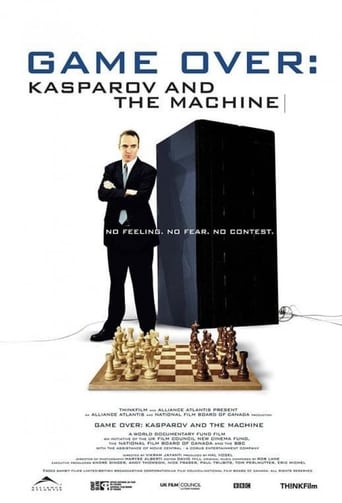

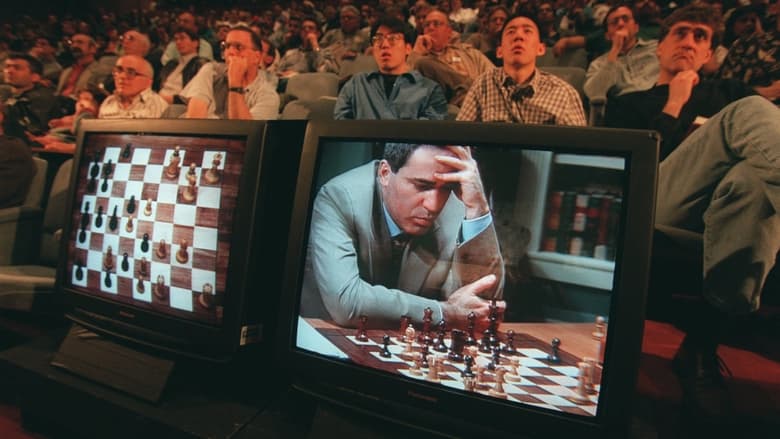
Game Over: Kasparov and the Machine
September. 05,2003Garry Kasparov is possibly the greatest chess player who has ever lived. In 1997, he played a match against the greatest chess computer: IBM's Deep Blue. He lost. This film depicts the drama that happened away from the chess board from Kasparov's perspective. It explores the psychological aspects of the game and the paranoia surrounding IBM's ultimate chess machine.


Similar titles
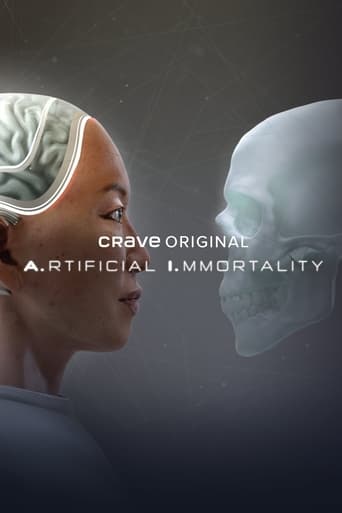
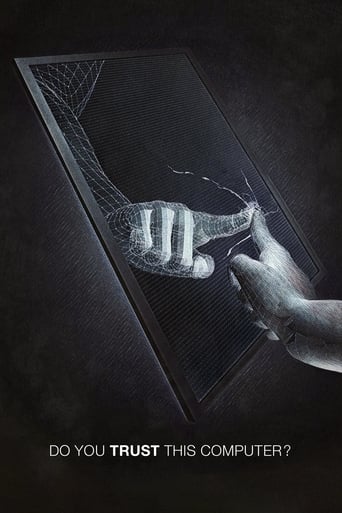
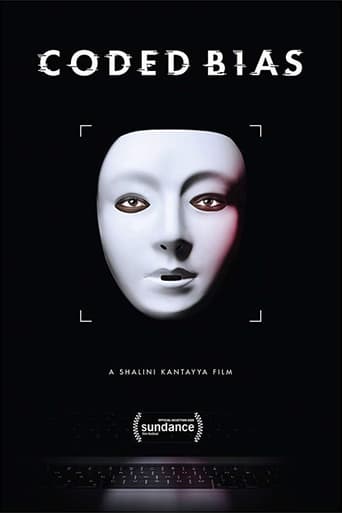
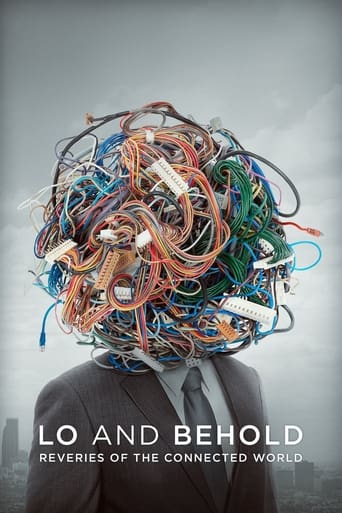

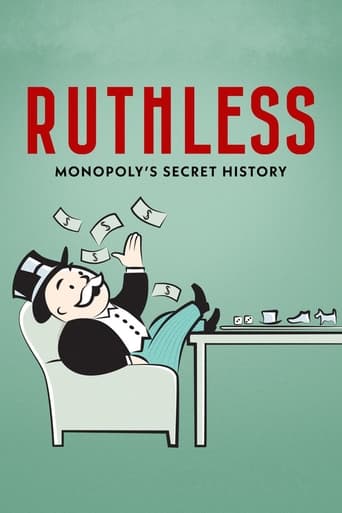
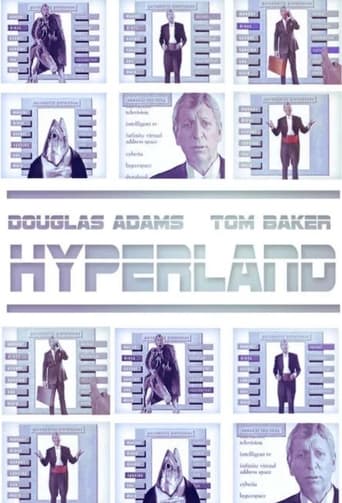
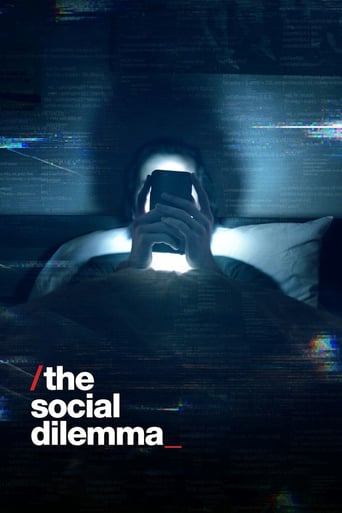
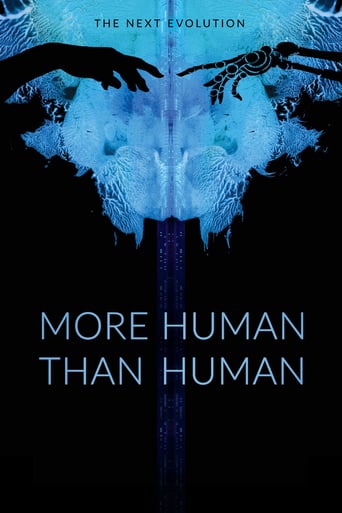
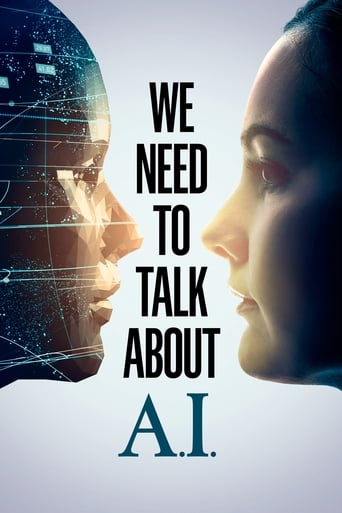
Reviews
A retrospective on the series of matches played between world chess grandmaster Garry Kasparov and Deep Blue, IBM's specially-developed thinking machine, in which both sides come off as snide, arrogant and obsessively self-absorbed. IBM, it would seem, used the encounter as a highly successful publicity stunt and, having achieved their ultimate goal of a victory against the best in the world, promptly closed up shop without ever offering a rubber match. But Kasparov, whose perspective plays driver for most of the documentary, doesn't slip so easily into the role of the rallying hero. The old master makes a few sound observations about the shroud of secrecy that surrounded his digital opponent during their fateful second meeting, but ultimately seems most interested in making excuses for his loss than sharing any new insight. Even the filmmakers do a questionable job of remaining unbiased, allowing each party to share their opinions without obstruction, but ultimately spending most of their effort focused on Kasparov's wild conspiracy theories. They also, puzzlingly, give away the ending no less than three times over the course of the picture, effectively killing the drama of the situation. As a result, this documentary never builds up a head of steam and winds up as little more than a straight, bland, historical record that lacks both a resolution and a truly appealing central figure.
I found this film to be interesting and entertaining. It has a style which is very reminiscent of Erroll Morris. It has been criticized for showing too much favoritism towards Kasparov, but I think most people do root for man over the machine. It is ironic that we are starting to see Russians as protagonists. We've come a long way since "Red Dawn." My main criticism of the film is that much like "Bowling for Columbine," it offers no real resolution. I think that is why it is a good doc as opposed to a great one. Kasparov is a very engaging figure with a strong cinematic presence. He is now involved with politics in Russia. Assuredly, if Ahnuld can make it, why not Kasparov?
This documentary was neither professionally nor objectively made. The whole thing played out like a conspiracy theory by IBM to win the match in question just to make some money. Garry Kasparov has an ego problem. He was puffed up before the match and when he lost, he didn't like it. I remember playing chess against computers back in the 80s and it wasn't too difficult to win. As time went on, I started to lose and didn't like it. Today, I simply don't play against computers anymore because they're just too good. Not only that, the games are uninteresting and lack the appeal of human games, where both sides are more likely to err and open the game to exciting possibilities. This documentary keeps showing us images of The Turk which is an ancient chess playing automaton that was really controlled by a human being. From the start until the end we are lead to believe that IBM short of literally hid a human GM in the back of their cupboard-sized computer. I'm a computer scientist and take offense at the notion that just because Garry lost, IBM must have cheated. I know how computers play chess. It's not magic and it's no mystery. They can be trained, have huge amounts of chess knowledge and they most certainly see positions and possibilities in unprecedented detail compared to humans. It's really no surprise that Deep Blue won. Perhaps at the time it was. If it happened today, given the ever-increasing processing power of machines; people would hardly blink. If a machine couldn't at least draw with a GM today, people would think the program was weak.
I'm writing this note as a chess player as well as as a movie viewer. I watched the 1997 Kasparov-Deep Blue games on the Internet. I know something about the issues that were raised. Other chess players will come along and want to know whether this movie is worth seeing/buying, and I'm talking largely to them. However, I'll try not to ignore those who aren't "into chess".This movie is about the 1997 match between Garry Kasparov and the custom-built computer "Deep Blue". However, the first image you see in the movie is not of Kasparov, or of the computer, but of "THE TURK". This is an "automaton" which was built in Europe at the turn of the 18th-19th century and played winning chess against all comers. I put the word "automaton" in quotes because it was, as everyone now knows, a fake. There was a man inside it.If you don't like seeing "THE TURK", then you won't be able to stand the movie, because "THE TURK" has as much screen time as Kasparov, maybe more, both in modern footage and in b/w footage from some old movie. The reappearance of "THE TURK" every few seconds underscores Kasparov's charge that "Deep Blue" had human assistance - that it was (to some degree) a fake computer, that IBM cheated, that there was "a man inside it" working behind the scenes to help it win. Not only does Kasparov believe this, but the filmmakers seem to believe it too. And so this is not really much of a movie about chess games or about programming chess computers. It is a propaganda piece about a big corporation supposedly misusing a helpless grandmaster. Really it is a lot like a "negative campaign ad", as it is chock full of ominous music and evocative camera work and spooky sound effects and innuendos ("we never found out what was behind that locked door") and the ever-present "TURK".Now, most people in the chess community are pretty much convinced that IBM did not cheat and that this was Garry's paranoia at work. To start with, in order for a human to help "Deep Blue" beat Kasparov, it would seem that you would need a human who was better than "Deep Blue" AND better than Kasparov. Since there was no such person, the whole idea is a bit suspect from the start. Furthermore, by the time this movie was made, there were computer programs that could run on your PC that could beat strong grandmasters. Today, much more than in 1997, we take it for granted that a computer can do things you might not expect. And we are less likely to take it as a monumental human tragedy that a computer beat a guy in chess. (And in fact, the bottom line is that Kasparov beat himself with two bad mistakes, including resigning game 2 in a drawn position.) As for the chess games, you actually see very little of them. There are a few comments from masters and commentators that tell briefly how they went, but really you don't get to see hardly any of the strategy or tactics at all. Naturally as a chess player I take this as a major shortcoming, but I think that non-players are being cheated too. Imagine a baseball movie, for example, where you don't hardly get to see any of the game - just a commentator telling you that "in Game Four, the White Sox defeated the Astros with such and such a score." Nobody would make a movie like that. But here, for example, we are told that Kasparov made a bad blunder in the opening of the decisive game 6, but we aren't shown the position on the screen, or told why it was a blunder, or what he should have done instead, or anything. We just see a few seconds of Kasparov holding his head in his hands, and then more atmospheric sound effects and camera work.(Since I saw this on DVD, let me warn chess players about the DVD as well. The jacket promises you that the Extras include the games "with analysis". Is this grandmaster analysis, which people like us might find interesting? NO! It is the automated computer voice synthesizer analysis from some version of Chessmaster, that tells you when a piece is attacked and a pawn gets isolated and that you are in the "Caro-Kann Defense, Main Line". Blahhhh.) Someone might then come along and say, "Well, clearly this movie is meant to dramatize the match for the non-player, and so it's unfair to be impatient with it." But actually it doesn't do a very good job of reaching out to the non-player either - it skates over some points that a true novice would really want to have explained. For example it says that Kasparov could have gotten "perpetual check" in the second game, but it doesn't explain what that is (or show what it would have looked like on the board, which would have been interesting). It flashes back to the Kasparov-Karpov matches but doesn't explain why there were two of them or who organized them etc. I didn't need this information myself, but I'm familiar with it. If you don't already have chess experience, there are places where you are going to be confused, and this is just a defect in the film.Ultimately I can't recommend the movie, which, like "THE TURK" itself, is not what it purports to be (a documentary) but more of a stage illusion.

